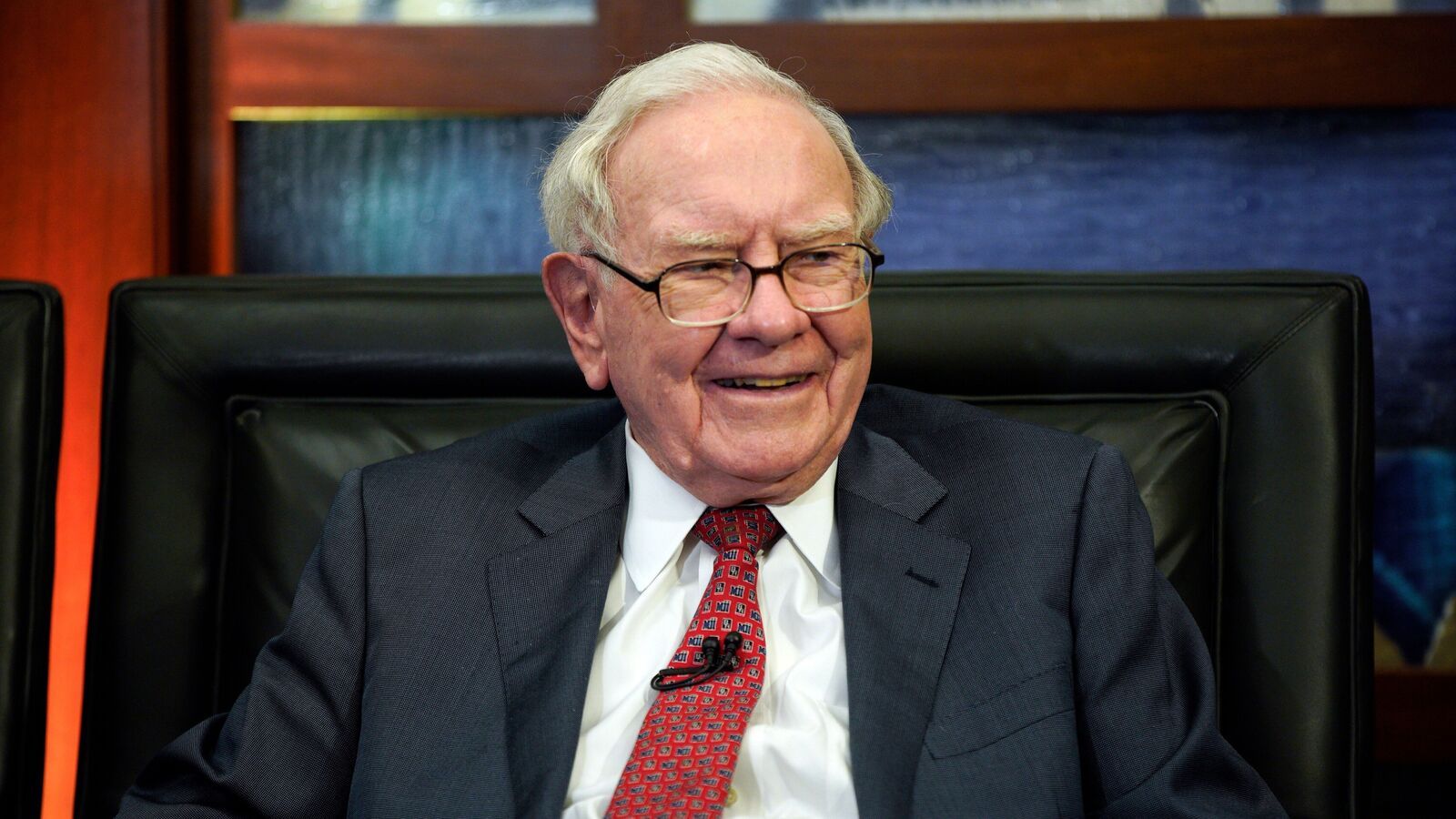Warren Buffett's Cash Cage: Is It a Smart Move or a Selfish Act?

In January, just as American stock markets were starting to slide from record levels, Warren Buffett's industrial conglomerate Berkshire Hathaway cashed out of equities, including two-thirds of its $174bn stake in Apple. The decision came months before the S&P 500 index and iPhone-maker Apple saw their values decline by 9% and 5%, respectively.
While other investors scrambled to sell assets during the initial market turmoil sparked by US President Donald Trump's trade tensions, Buffett's company sat pretty on a 10% gain, despite losing just 1.5% of its value alongside everyone else in the first chaotic days after tariffs were imposed. However, since then, Berkshire has recovered and is now riding an 11-week winning streak, with its stock price trading at over $300,000 per share.
Berkshire's cash buffer of $334 billion, which could fill over 1,900 King-size mattresses, has raised eyebrows among investors who wonder if the move was a smart strategic decision or simply a selfish act to pad Buffett's personal wealth. The question lingers: does Berkshire really need such a large cash reserve when others are struggling to maintain their liquidity?
An analysis of companies with similar cash reserves reveals no correlation between absolute size and share price performance over the past week or past year. Return on capital, return on equity, or even cash-to-sales ratio show little connection to Buffett's own asset portfolio.
In fact, many companies with significant cash reserves are struggling to turn them into productive investments. For instance, Toyota and TSMC – Asian manufacturers of cars and semiconductors – have been clobbered since the start of the year despite their combined $224 billion in liquid assets.
The issue comes down to opportunity cost: holding onto vast amounts of cash means that money is not being used for more productive purposes. Novo Nordisk, a Danish biotech firm with fewer than 10% of its revenue tied up in liquid assets, has returned shareholders with significant dividends over the past five years.
Buffett's own dividend policy is sparse; he has not paid a dividend since 1967, and purchases of Berkshire shares have dwindled significantly in recent years. This stands in contrast to fellow investor Nvidia Corporation, which showered investors with $41 billion last year alone.
While Buffett's cash cache may protect him from market uncertainty, it comes at an opportunity cost that questions the wisdom of holding onto such large reserves without providing dividends or share buybacks to shareholders. It is a classic example of the 'mature investor dilemma' – balancing personal financial security against the interests of present and future investors.
The real question now is: did Buffett merely play a defensive game, cashing out in advance of market volatility, or did he genuinely believe his holding strategy would ultimately yield the best returns? As for us investors, the verdict remains to be seen.
